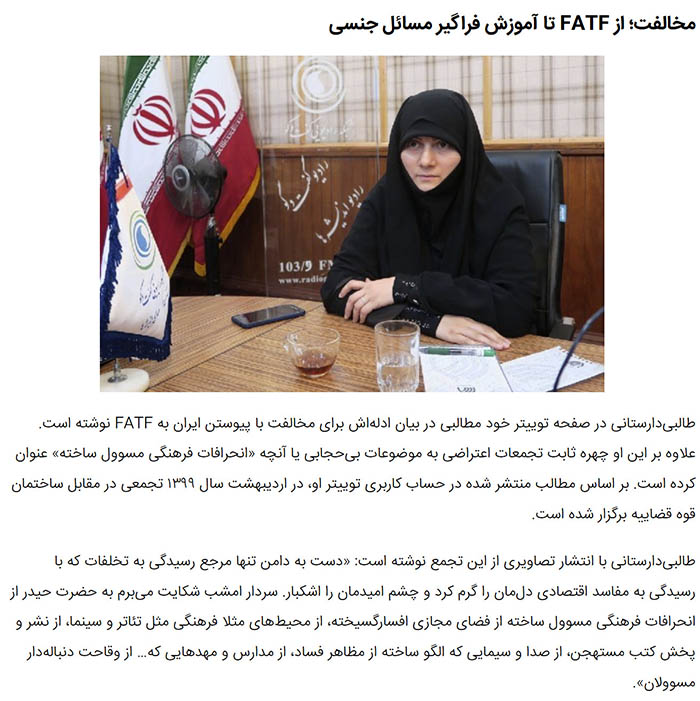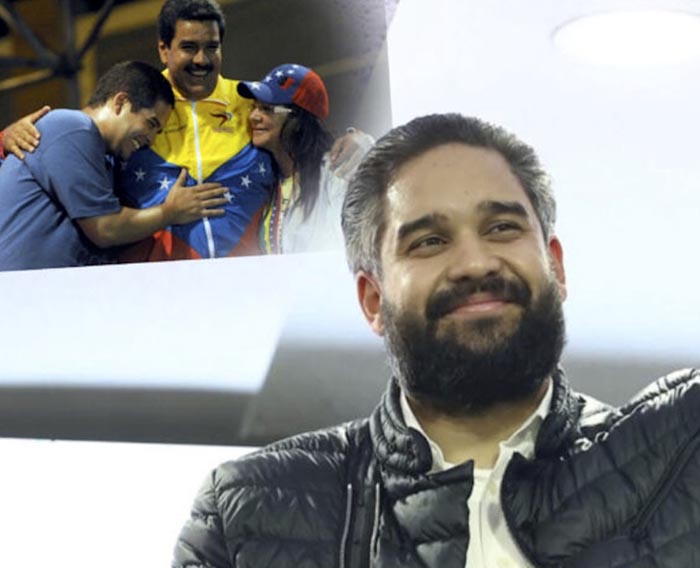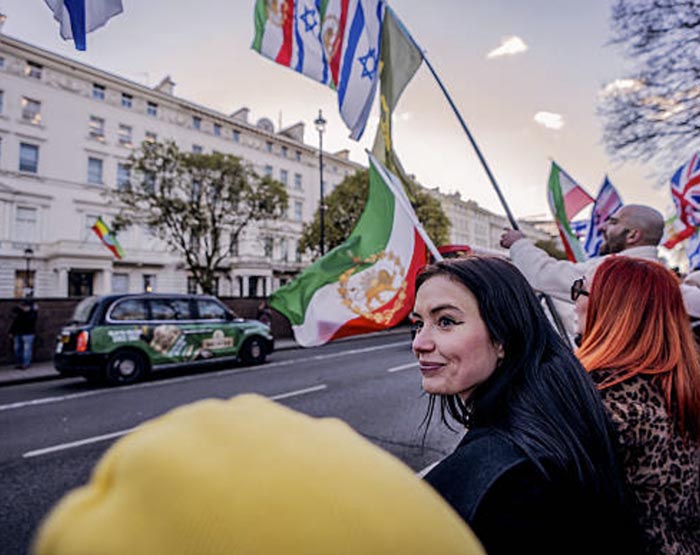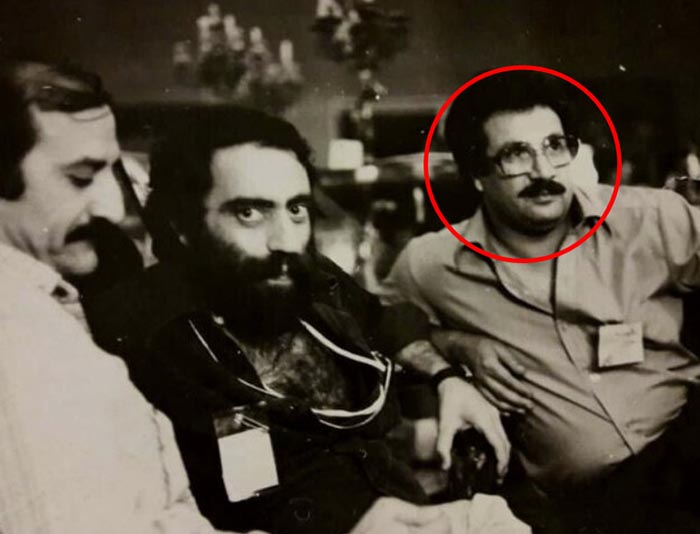9 Reasons Why Mehri Talebi Darestani’s “Hijab Addiction Clinic” Idea is Controversial and Anti-Freedom
6. Turning a Symbol of Faith into a Tool of Compulsion
One of the most profound criticisms of Darestani’s “Hijab Addiction Clinic” is how it transforms the hijab from a personal, faith-driven choice into a coerced and politicized symbol. Many women choose to wear the hijab as an expression of personal devotion and cultural identity, embracing it voluntarily as a meaningful symbol. However, the notion of “rehabilitating” women who choose otherwise removes this agency, recasting the hijab not as an article of faith but as a mandatory instrument of state control.
When any symbol of personal belief is forced upon individuals, it risks losing its inherent value. Forcing the hijab onto those who do not want it not only violates their rights but also disregards the choice of those who do wear it willingly. This reduction of the hijab to a state-enforced uniform strips it of the personal connection many have with it and replaces that connection with resentment. For the women who see the hijab as a choice, turning it into a compulsory item undermines its beauty and meaning.
Despite the intensifying pressure to conform, many people in Iran and other parts of the world are standing firm in their commitment to personal choice. The widespread criticism of Darestani’s clinic proposal reflects a growing movement that values individual rights and the freedom to define one’s own identity. These voices, which include both men and women across generations, underscore that no amount of state coercion can fully extinguish the desire for autonomy.
The reaction to Darestani’s proposal has sparked discussions, online and offline, about the importance of respecting personal beliefs and choices. Iranian citizens, like many others, are increasingly voicing their disapproval of authoritarian policies that limit their freedom. This backlash highlights the resilience of personal choice and the lengths to which people will go to protect their autonomy, even when faced with restrictive policies. As global awareness and interconnectedness continue to grow, so too does the collective understanding that personal freedom is a fundamental human right, not a privilege to be selectively granted or taken away.
More stories
Economic Turmoil: Understanding the Rise in Edible Oil Prices Amidst Inflation and Sanctions
Introduction In recent months, Iran has found itself at the epicenter of an economic crisis that has left millions of … Continue reading ➝
Nicolás Maduro Guerra: The Prince of Venezuelan Politics and His Controversial Legacy
Introduction Nicolás Maduro Guerra, often referred to by his nickname “Prince,” is the only son of Nicolás Maduro, the current … Continue reading ➝
The Evolution of Soudabeh Beizaei: A Journey Through Cinema
Introduction Soudabeh Beizaei is a prominent figure in Iranian cinema and television known for her versatility as an actress documentary … Continue reading ➝
Rallying for Freedom: The Protests and the Fight Against Oppression in London
Introduction In the heart of London, a powerful rally unfolded on January 3, 2026, as Iranian demonstrators gathered outside the … Continue reading ➝
Saeed Pirdoost: A Tribute to the Beloved Actor Who Passed Away at 85
Introduction Saeed Pirdoost, a name synonymous with Iranian cinema, passed away at the age of 85, leaving behind a rich … Continue reading ➝





